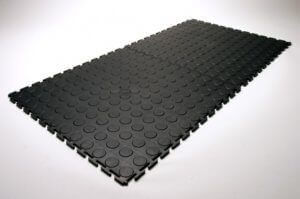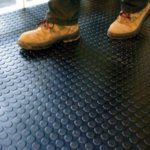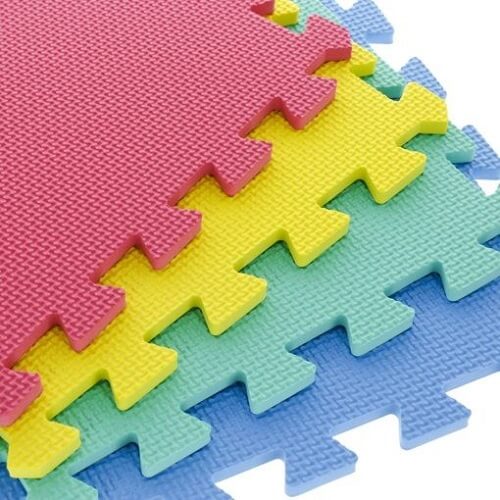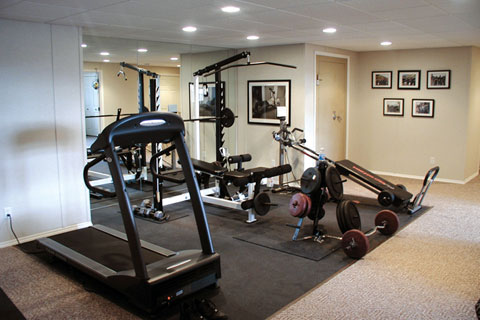
The major qualities of rubber tiles that have made it popular are its long-lasting, resilience and resistance, but how long do the rubber tiles last?
Rubber tiles are by nature:
- Resilient
- Heavy-duty
- Slip resistant
- Impact and shock absorbent
There are quite a number of factors that contribute to the durability of rubber tiles and here we will look at some of the aspects.
The thicker the tiles are the more durable the rubber tiles are.
- The thickness of the tiles also determines the strength, resilience and durability of the tiles, a thicker tile last longer than a thinner tile of the same material.
- So when buying your rubber flooring depending with where you want to install it its thickness should be considered.
- Rubber flooring for a gyms especially for the heavy equipment area where the floors are prone to heavy impact from dropping of the weights and also the weight of the equipment itself a more thicker flooring is highly recommended, recycled tyre rubber is the most ideal and perfect example of a more thicker and more durable rubber.
- A thicker rubber tile is not only durable, but is highly resistant, very resilient and is a perfect impact absorber thereby protecting your subfloors very well.
The more rigid the rubber tile is the longer it last.
- A firmer rubber tile has a longer life than a flexible one.
- A rigid tile is more resistant to different strains, which makes it last longer than the elastic tile.
- Areas with heavy usages such as storerooms and factories require a more rigid rubber flooring, a rigid rubber flooring does not wear and tear easily it is very resilient.
- Rigid rubber flooring is also suitable for garages.
Durability also depends on traffic size
- A floor that is prone to heavy usage and high traffic reduces the life span of the rubber tiles.
- For an area with a lower traffic, the higher the durability the floor becomes.
Durability also increase when the tiles are glued or bolted down on the floor.
- Gluing the rubber tiles down its free movements up and down or sideways, a more secure rubber flooring has a higher lifespan.
The thinnest rubber tiles have a short life span than the thicker tiles. The minimum life span of the thinnest rubber is about 5 years and depending on the aspects discussed above it can go for a longer period of time.
The thickest rubber floor tile can go for a life time with absolutely no need to change it whatsoever, some commercial setups with high traffic prefers to change them after at least 20 years just to put a more fresh flooring, it is just preference but the rubber tiles will still be having more life.
Where there is vehicular movement PVC floor tiles can last about 10 years without any need to replace them and longer where there is a lesser movement.
Generally rubber tiles lasts longer than other types of tiles like ceramic tiles, porcelain tiles and the wooden tiles. These tiles are not ideal for an area with high impact and heavy usages they are not resilient and can easily break or crack when strained. Whilst Rubber tiles do not break when something heavy is dropped on them though they do scratch which is one of their down sides.
Rubber tiles are used for garage floorings, gym floorings, and factory and workshop floorings because of its rigidness and durability which helps to protect the equipment, the floors and the users as well.
Flooring that is durable, easy to maintain and resilient despite its installing costs is a very economic flooring option as they do not have any immediate need to replace them and can go for a much longer time still looking fresh and comfortable and also at the same time saving more money on maintaining it.
Rubber tiles do last for a long time, and are comfortable flooring option, they are available in wide range of patterns and colors which makes them also easy to use when you are looking to customize your area.
For a wide range of rubber flooring tiles get in touch with our team for a free quote.





